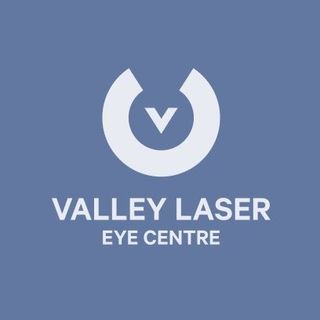LASIK (laser in-situ keratomileusis) is a long-term laser eye surgery solution for people who need to correct their vision because of refractive errors, such as nearsightedness and farsightedness and astigmatism. LASIK effectively adjusts the shape of the cornea so that light is focused directly onto the retina.
Unfortunately, LASIK can’t always be used as a permanent solution for people. A small minority of people may need to have LASIK performed again later in life to continue enjoying the benefits of improved eyesight.
But is it inevitable you’ll need more than one laser eye surgery? Or will too much turn you blind? Let’s look at this concern below.
Reasons You Need LASIK More than Once
People often develop additional nearsightedness, astigmatism, or farsightedness as they get older. Since this type of laser eye surgery is permanent, someone who is young may wonder why they may need LASIK again later in life. The most straightforward explanation is to remember your childhood. As you grew up, your prescription probably changed every year as your eyes matured. This phenomenon typically happens more slowly once you reach adulthood, but changes may still occur over time.
Second, laser eye surgery procedures usually occur many years after the first procedure in cases like this. Plus, if a second LASIK procedure is required now, you’ll have access to improved technology such as iDesign custom technology to make the procedure even more precise.
Reasons You Don’t Need LASIK
While laser eye surgery is effective, there are several cases where it is not the best solution. A second LASIK procedure can be a pain, but it’s pretty close to the best-case scenario. Our eyes change as we age—just like the rest of our body—but presbyopia isn’t always affected by those changes. One of these most common changes is presbyopia.
Presbyopia is the thickening of the eyes’ lenses which often begins around 40 years old. This gradually makes your eyes less flexible and, over time, makes them harder to focus on objects closer to you. Presbyopia is mainly responsible for most middle-aged people requiring reading glasses. Unfortunately, the lens and the cornea are separate structures, so laser eye surgery cannot help you see better despite its other benefits.
Other reasons laser eye surgery won’t work on you are cataracts and glaucoma since both are progressive and can be severe. Thus, you should make an appointment with your ophthalmologist if you experience blurry vision, headache pain, or unusual pressure in your eyes. Cataracts and glaucoma are treatable without LASIK; thus, getting help early could save your eyesight.
Other Ways to Improve Eye Health without Laser Eye Surgery
In some cases where someone has used corrective lenses for most of their life, surgery to improve their vision, such as LASIK, can seem like a dream come true. And the possibility of losing our vision is traumatic. Here are a few things you can do to ensure your vision doesn’t become as problematic as before receiving LASIK surgery.
- Wear sunglasses to protect your eyes — whether indoors or outdoors. Try to match the time you spend working on a computer screen with an equal amount of time spent looking at something far away.
- Have your optometrist look at your eyes and perform a general eye exam at least once a year. Seek medical attention for symptoms that could indicate a more serious health problem.
Conclusion
Like prescription medications, LASIK is only needed when recommended by a legitimate ophthalmologist or similar eye doctor. Remember this guide to know when laser eye surgery is necessary, when it’s not, or when you simply need to practice healthier eye habits to preserve them into your twilight years.
Determine whether or not you require laser eye surgery by visiting Valley Laser Eye Centre today! We’re a vision correction center in Abbotsford, BC, with state-of-the-art technology, a comfortable setting, and a fantastic staff trained to deliver a seamless vision clinic experience! Book a consultation with us now!





